Questions have been swirling about the state of Crytek, more so that usual as of late. Rumors of delinquent paychecks from different international branches have been persistent. They quite recently acquired the rights to Homefront, only to sell them to Koch Media. Mike Read, producer of the Xbox exclusive Ryse: Son of Rome and lead producer on Crysis 3, has left the company alongside a barrage of other staff including much of the senior management in their UK division, which was subsequently sold off alongside layoffs in other offices.
Everything is not awesome at Crytek but founder and CEO Cevat Yerli thinks everything is only going to get better.
We’re still in the process of reorganisation. But I’m happy with where we’re going and with our focus. — Cevat Yerli
Eurogamer recently had an exclusive interview with the head of the beleaguered company, examining what got them where they are and what moves they’re making to rectify the situation. It’s an interesting interview with Yerli being verbose in his responses yet also quite vague. He claims that the crux of their financial issues grew during their ongoing transition from developing retail games to developing free-to-play content but not necessarily just because of that transition. And he’s particularly evasive on where the money came from to bail Crytek out of its financial woes. As for the fate of the properties Crytek has retained ownership of, Yerli’s comments very much have a “maybe, maybe not” vibe to them. The future of IPs like Ryse, Crysis, and Timesplitters are indeterminate at best.
Companies in dire straights have definite aura about them. When you see an organization like Crytek with relatively successful titles in its stable, you start wondering what’s going on when downsizing hits and staff aren’t getting paid for extended periods. It could be a simple matter of reach exceeding grasp, of too much expansion with not enough planning and oversight. And that’s likely a huge part of Crytek’s situation. Now, the staff are paying the price. It’s a scenario seen all to frequently in this industry and others.
Yerli is quick to point out that many of their issues stem from the state of the overall industry and there is no doubt some truth to that. But the interviewer accurately brings up the issue of Crytek’s desire to switch to developing primarily free-to-play content and it’s impact on the company. While Yerli discusses the perils of the transition and acknowledges the issues it caused, he dismisses the idea that it’s a mistake without going into to much detail about it. This transformation is a massive undertaking and not without consequences that would only be compounded by additional fallout from a period of unstructured growth. How great a mistake this move turns out to be will only be apparent once the fate of the company is clear.
We didn’t need to do this. We didn’t need to downsize our company. — Cevat Yerli
If Crytek survives this “transformative period”, what kind of company will it be? One can’t help but wonder how the mysterious investor who fronted the cash they needed to survive will factor into this. Yerli isn’t saying much about this deal, just that it’s neither a sale nor an investment on the part of their benefactor, just a revenue deal. But no deal comes without some strings attached and what those strings are will have some impact on the focus of Crytek. We might already be seeing that given the sale of Homefront and Crytek UK. When combined with his comments about Crytek not needing the sale or the subsequent downsizing to survive, the scenario looks a little odd. From the interview, “No. We didn’t need to do this. We didn’t need to downsize our company. Maybe this didn’t come across. We didn’t need to sell Homefront. That deal would have secured Crytek’s future even if it would have added another 100 people on top of where we were before we sold Homefront or changed Austin’s direction. It is an optimisation stage that we said we should do strategically right now in order to focus short term our mindset on the launch of Warface, Arena of Fate and Hunt. It wasn’t a pure commercial deal. It was a strategic deal for focus. We didn’t need to sell Homefront or the UK office.”
Crytek’s desire to focus in on free-to-play is obvious but the success of such a transition is questionable. And it ostensibly leaves the work they have been doing behind, which is odd given success they’ve had with some titles and the potential that can be seen in others. If nothing else, Yerli is consistently evasive on this saying that he essentially doesn’t know what the future holds for the these titles. The response to these questions usually has some version of “nothing official I can talk about” or “we don’t have any plans” in it.
This doesn’t exactly inspire confidence.
Whatever the plan is for Crytek going forward, Yerli isn’t giving much away in this interview. He’s essentially confirming things we already knew, giving non-committal answers, and telling everyone concerned to stop worrying. Regardless of how Crytek bounces back from this tumultuous period and what they publicly admit the causes of it to be, the reality is that these problems frequently start at the top. If the root cuase persists then the solution will be ineffective and pointless. It’s an interesting interview but it is filled with obfuscation and business double speak, avoiding issues while responding to them. How this plays out for Crtyek in the long term will be interesting.
Have these moves pulled Crytek out of the frying pan, only to toss them in the fire?


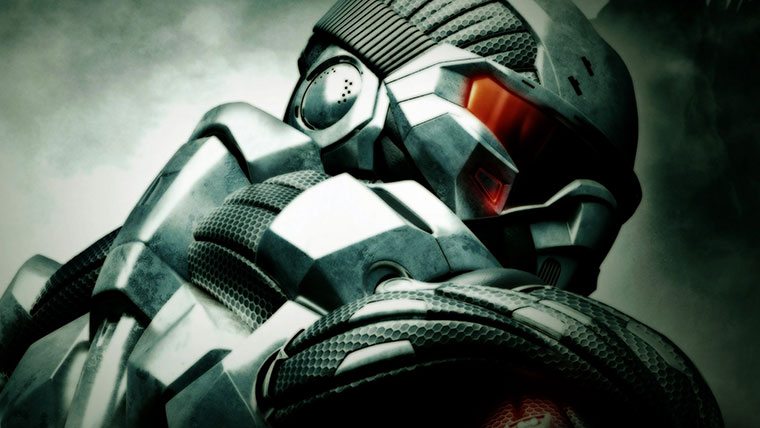
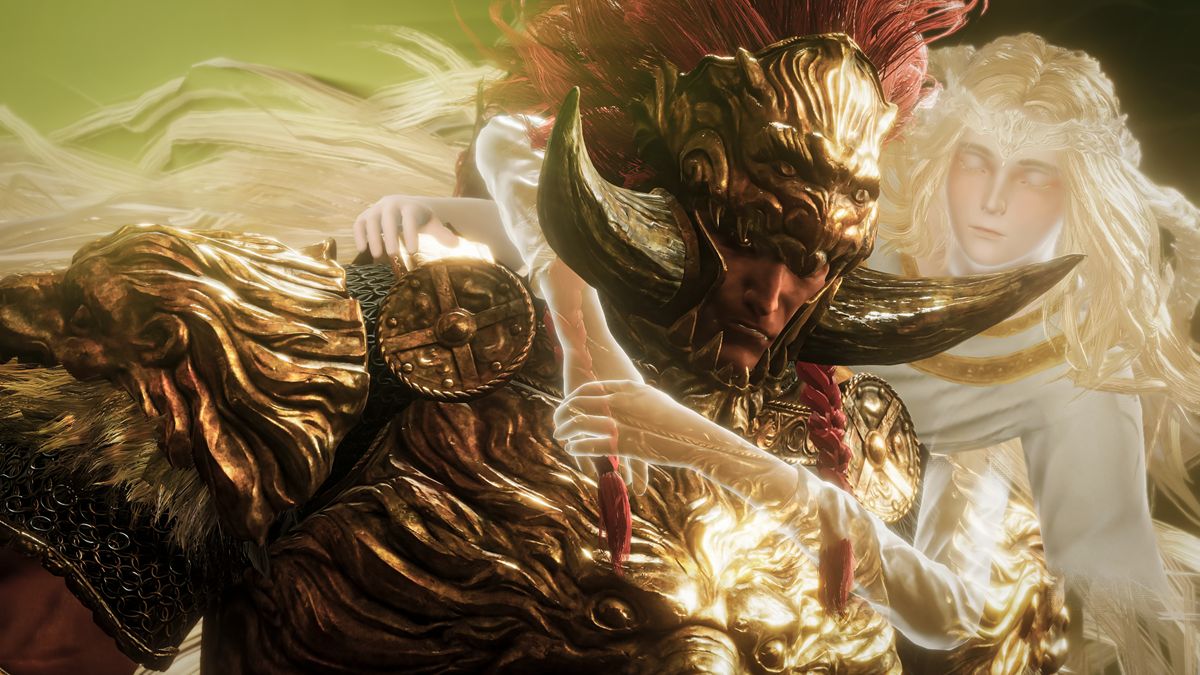
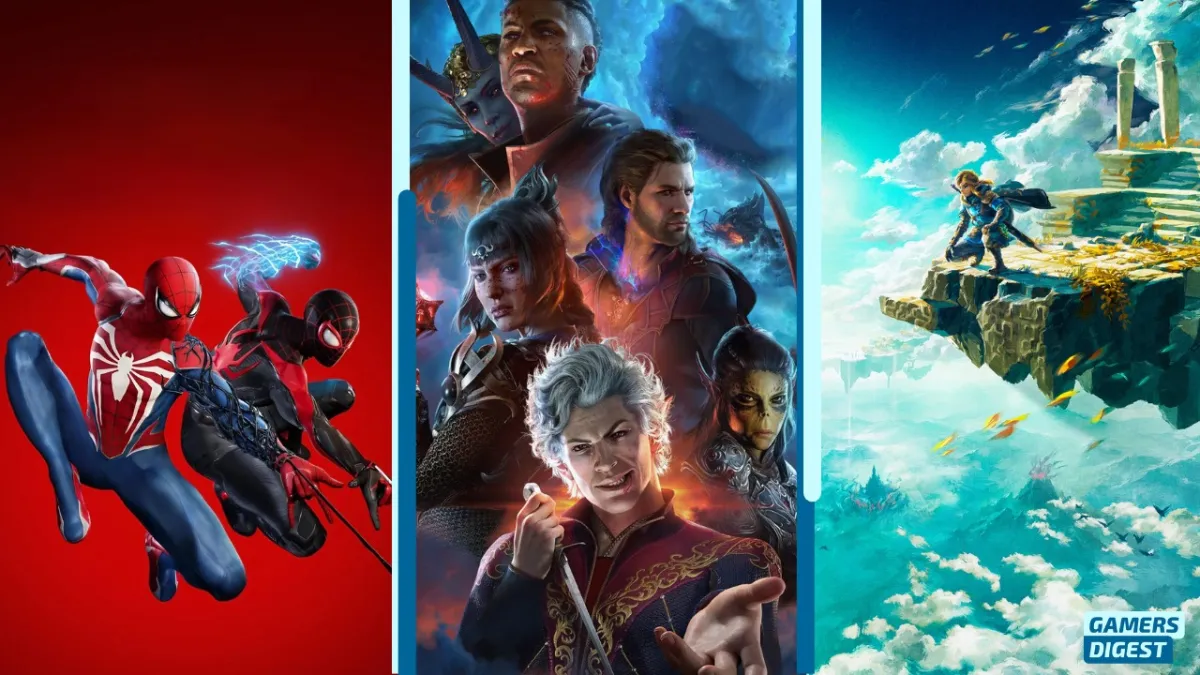

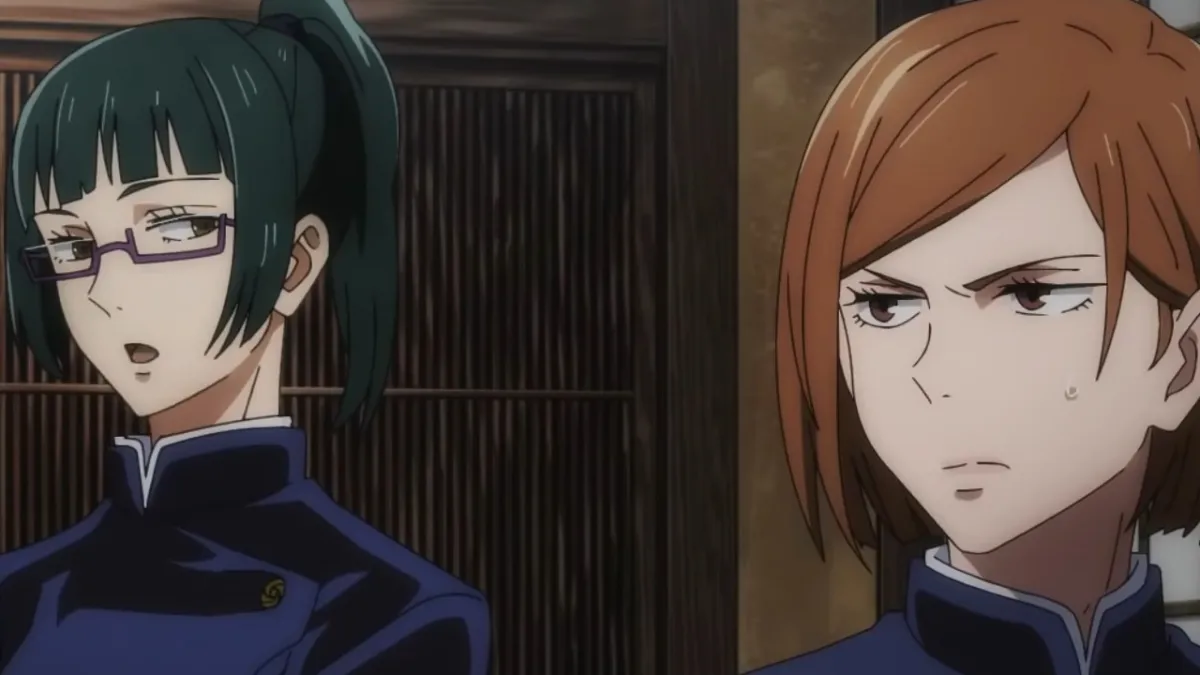
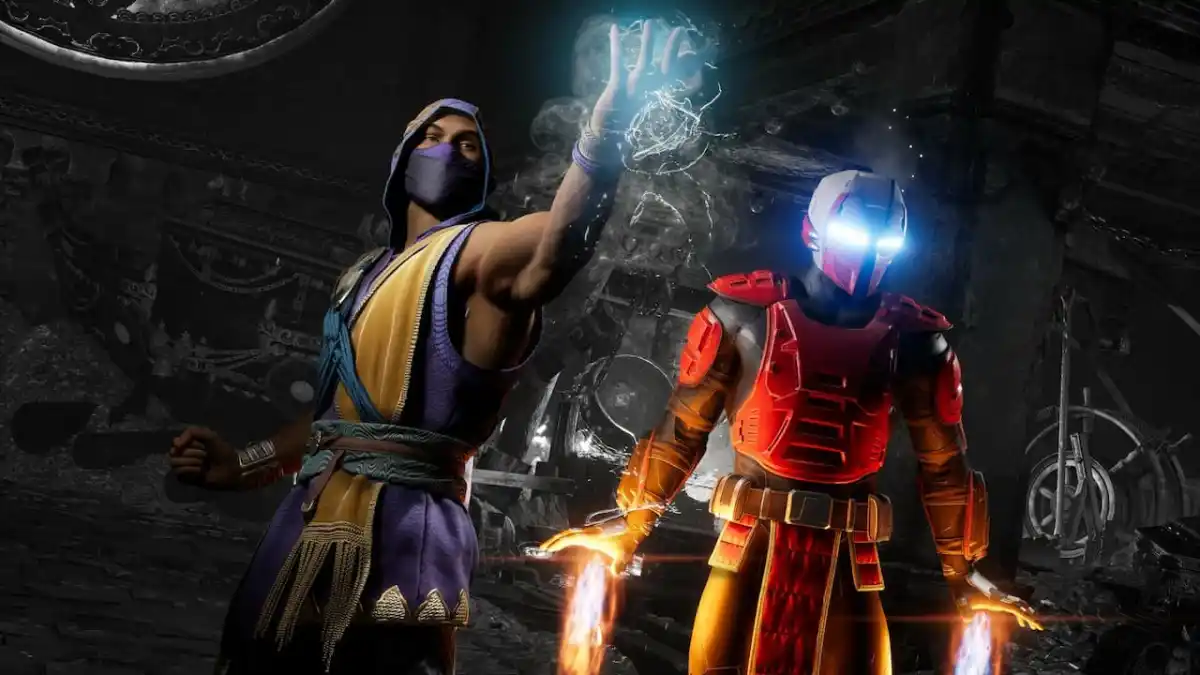
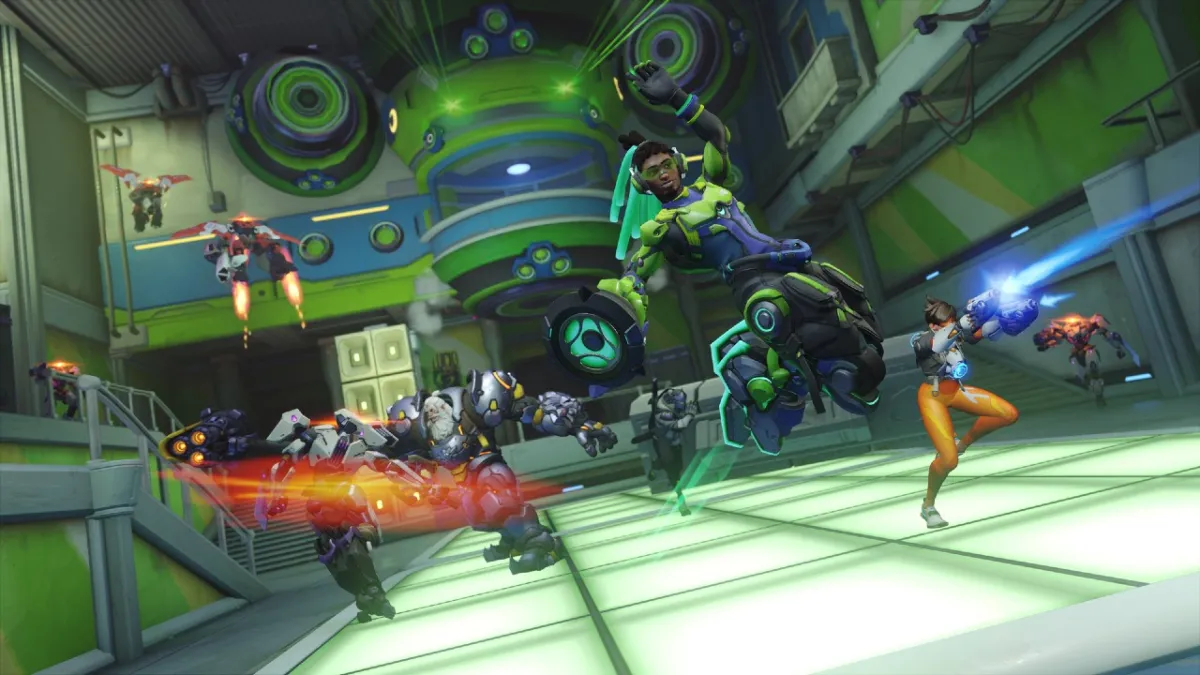

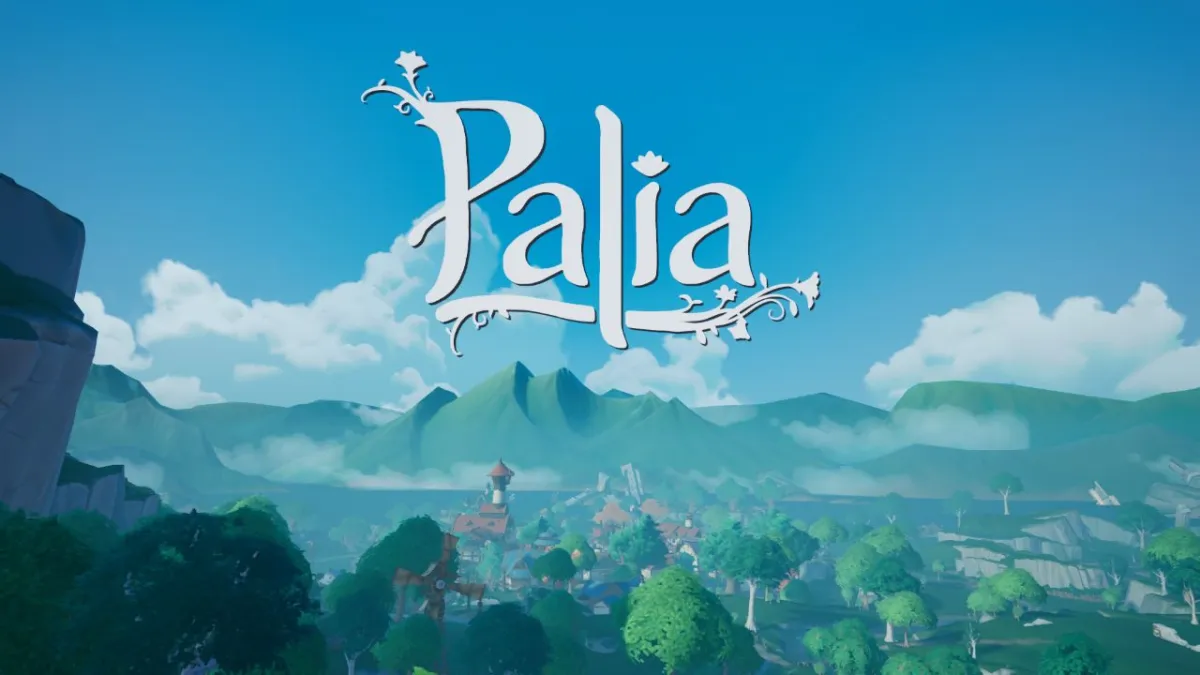
Published: Aug 9, 2014 10:14 pm